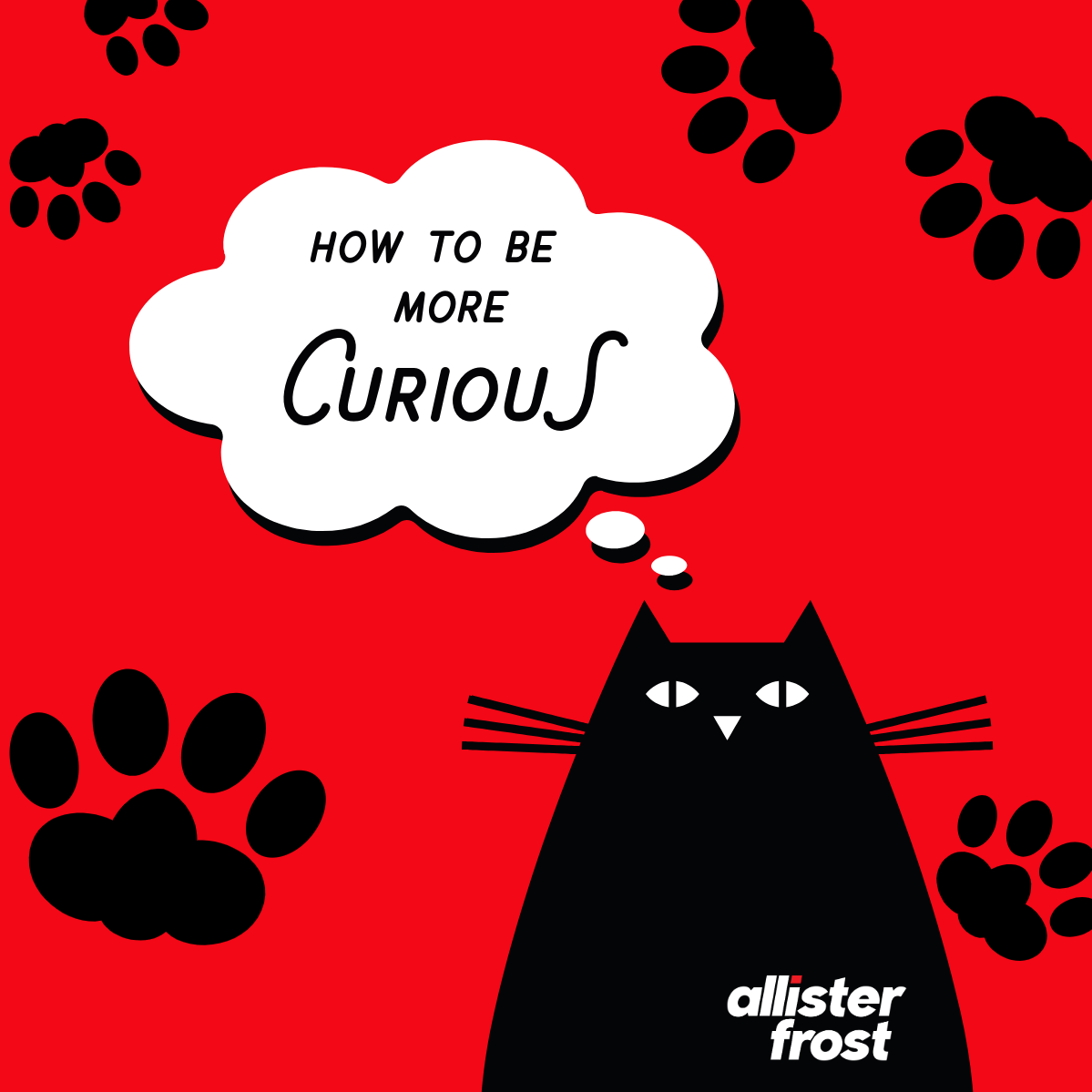Curiosity is an essential step in the ReadyAlready cycle that helps busy people rapidly develop a Future Ready Mindset. It’s also a skill that some humans excel at, but that computers find virtually impossible to master. Even the most advanced artificial intelligence (AI) tools struggle to show humanlike curiosity. And perhaps they never will. For that reason, I class human curiosity as a SUPERPOWER, and a vital skill for thriving alongside AI in the future.
There’s a problem though. Most adults have had their innate curiosity beaten out of them by the rigid tramlines of a formal education and the blinkers of a lifetime of experience. We are taught there is only one way to proceed, not a myriad of possibilities. Curiosity doesn’t kill cats; we kill curiosity as we grow into adults.
So how can we rediscover our lost curiosity? In her superb book, Improv Your Life, Pippa Evans quotes psychologist Dr Jamie Jirout as saying:
It is hard for children to be curious if they don’t feel safe exploring and asking questions. At the same time, children must also face some uncertainty and learn to be comfortable with that uncertainty, while learning how to resolve it.
Fact: no-one ever exhibited useful curiosity when they felt unsafe. Never. Not once.
Don’t underestimate the importance of feeling safe (and helping others feel safe) when asking questions. But I also love that Dr Jirout stresses that a manageable level of ‘unsafety’ is also essential for us to learn and grow. In simple terms, when we feel too safe, we lack a psychological incentive to explore new understanding.
This week, if you would like to be more curious about the world, start by recognising that it’s OK, perhaps even vital, to ask questions and search for deeper understanding. And when you feel safe to explore and challenge, and encounter something you do not fully comprehend, simply ask ‘WHY?’.
– WHY does the entire team go to lunch together, leaving the phones unmanned?
– WHY does it always take over 37 hours to compile the data for the monthly report?
– WHY are all the meeting rooms named after convicted serial killers?
You’ll find ‘WHY’ at the start of *every* question that children ask as they seek to make sense of the world and feel safe within it. ‘WHY’ is also the word most grown-ups have stopped using, often because we don’t want to embarrass ourselves by asking naïve questions.
So that’s how you can be more curious this week. Spot something—literally anything—you would like to understand better, and ask a question that begins with ‘WHY?’ It really is that simple. Give it a try.
I ask ‘Why?’ all the time, especially of event managers and bookers who are considering whether to hire me to speak at a conference.
– WHY is the CEO speaking first when you’re hoping to inspire fresh thinking?
– WHY have you allocated ten minutes for the coffee break?
– WHY did you book a sports speaker last year but now want something different?
The answers are always revealing, helping both me and the booker interrogate any underlying conventions and courageously explore fresh approaches.
That’s when a well-timed “Why?” really works: when it’s received not as a challenge to prior thinking, but as an open invitation to smash the status quo and create something better. It’s a why-why-win-win…
Next time you feel a “Why?” coming on, find the right person to hear it and let your shared creativity soar.

